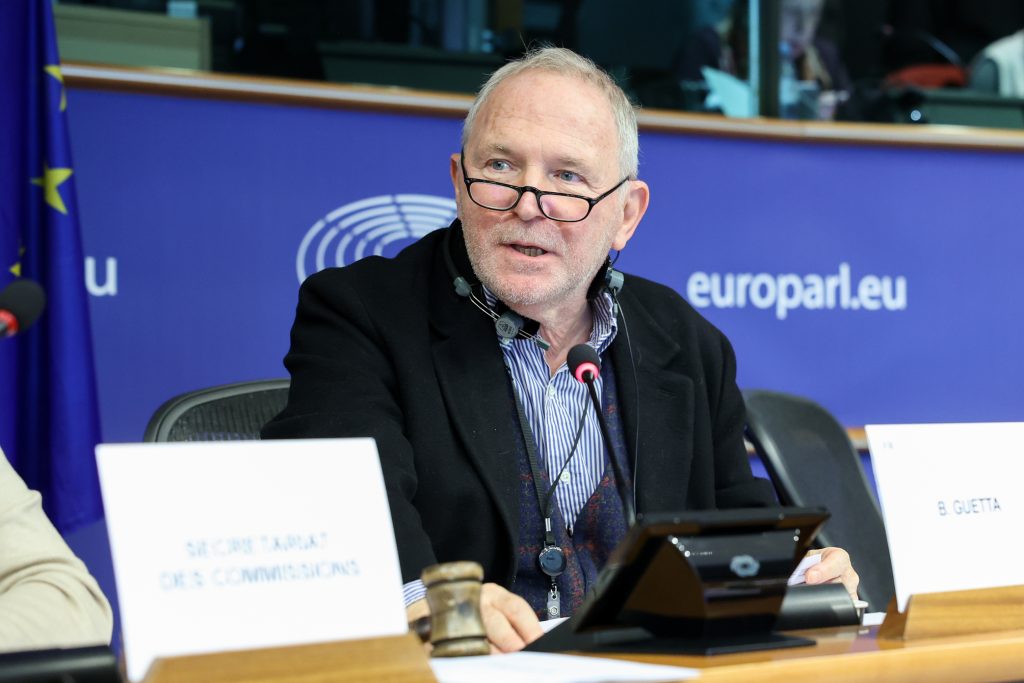
Bernard Guetta: The Korean Scenario
2023-02-06 | Political initiatives, Geopolitical analysisOnly the short term is clear. Within a few weeks and by Easter at the latest, the Russian army shall try to offer Vladimir Putin the control of the Ukrainian regions whose annexation he had so prematurely announced more than four months ago. For the Kremlin there is an urgency because the European tanks will start to enter the scene from the end of March and the more they arrive of them, the more difficult it will be for General Gerasimov’s troops to make significant advances.
A countdown has begun, but what next?
Either – first hypothesis – the Russian offensive fails and a galvanised Ukrainian army pushes back demoralised Russian troops from all or part of the territories they had conquered since 24 February. Vladimir Putin is then so humiliated on the domestic scene and discredited in the rest of the world that the question of his political survival is raised and the Russian army, under whatever president, has no other option than to invest all its resources in locking down a demarcation line.
Or – second hypothesis – General Gerasimov’s offensive allows Russian troops to advance sufficiently so that, several European countries, Poland first, hasten the delivery of fighter planes to Ukraine. The intensity of the fighting increases. The Ukrainians retreat but the new anti-aircraft protection they will have before the summer prevents the Russians from taking Kiev and from taking much more than the Donbass. Vladimir Putin has extended his conquests. Politically speaking, he saves face but he has, in reality, only moved the front line to the Ukrainians’ detriment without having defeated them. In this second hypothesis, it is Ukraine that locks a demarcation line but, in either case, it is a Korean scenario that is being written.
Read the full publication (also available in French, German, Hungarian).
